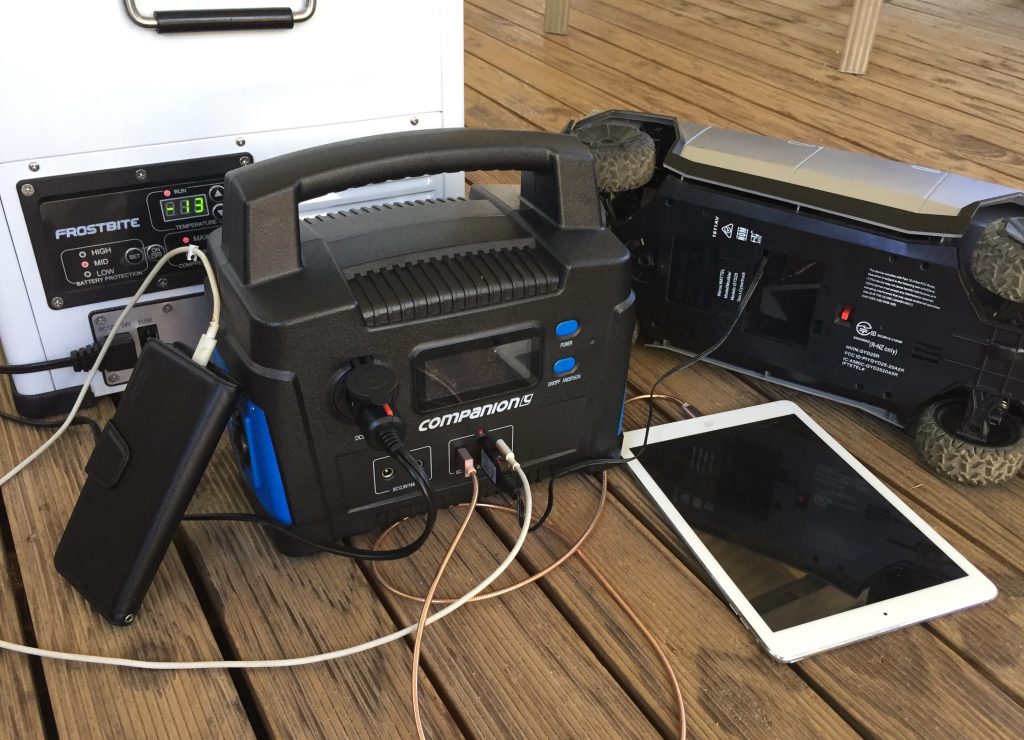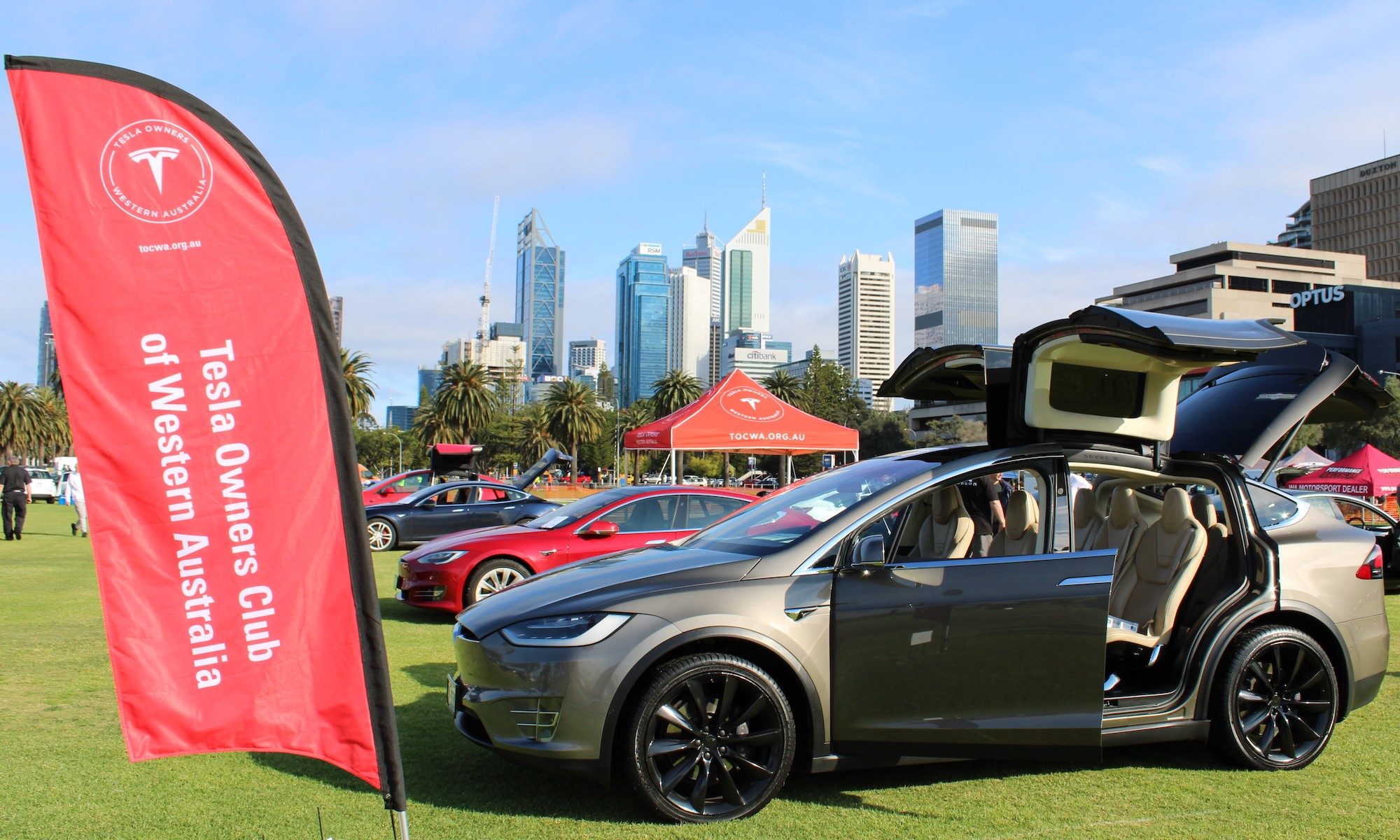A portable power pack (also referred to as a solar generator) is sold in a variety of storage capacities from 150Wh up to and beyond 2000Wh. At this stage they are generally very expensive in terms of dollars per Wh of storage, if you purchase a unit that fits your needs and plan to use it on a regular basis it’s a useful product, otherwise they’re a waste of money and battery resources.
A big gripe I have is many of the power packs on the market are advertised as being useful for recharging an EV, no doubt the larger units can charge an EV but making this part of a purchase decision is poor thinking. Why? A fully charged larger unit could potential add 8 to 10kms of range to a Model 3, handy in absolute desperation but with a Model 3 Standard having at least 330kms of range at 110kmh no one who adheres to the ABCs of EV ownership should be getting stranded. If you think you may be 8kms short of range, slow down by 5-10kmh, you may arrive 15 minutes later than planned but that’s better than sitting on the side of a road while trickle charging from a 27kg device that costs $2000 or more.
So how is a power pack useful- As I said if you’re going to use it on a regular basis away from home they can be very convenient, despite most cars having multiple 12v power outlets they’re never always close to hand, having the flexibility of multiple phone, iPad, Laptop and Camera/Drone battery charging outlets away from the car when a 240v outlet is too far away is fast and convenient, they’re also very handy keeping a portable freezer operating away from established power.
There are two main types of power packs, the larger ones have a built in inverter and one or two 240v outlets capable of running appliances such as TVs, power drills or kettles for short periods of time, the extra internals needed add to the purchase price and the overall weight. The smaller power packs rarely have a 240v capability so are generally less cost per Wh or storage. If you can get through a few days without a 240v outlet that makes your choice easier.

Testing a portable power pack
To run the test I purchased a Coleman 40Ah power pack as this was readily available at a wide variety of camping stores throughout Australia, it currently is the best value per Wh of storage and most importantly contains LifePo4 batteries. These are heavier but are more likely to survive the expected 2000+ cycles before storage capacity is down to 80% of original. The 40Ah power pack has 512Wh of capacity and could potentially power 8 devices at once.
Test one – See how long a 100% charged battery would last while cooling a 45-litre fridge/freezer down from 18C to -15C, this was done during the day in an outside but shaded area in temperatures between 23C and 30C. The pack supplied enough power to allow the freezer and the originally room temperature water containers to reach 0C within 95 minutes, this consumed 16% of the available battery. I stopped the test after 10 hours with the battery down to 5% and the internal freezer temperature -15C. The test was run entirely during daylight hours.
Test Two – See how long a 100% charged pack would maintain the fridge freezer at -4C. This test commenced at 8.05am and continued through two full days and one night, the maximum temperature during that time was 30.6C, the overnight minimum was 21.6C. I concluded the test after 35 hours with the battery level down to 4%.
Test Three – See how much charge my old fold out 100Watt solar panel can add to the power pack without shifting the panel to follow the direction of the Sun. Considering there was early morning tree shade and a small amount of cloud cover in the late afternoon the 80% added to the battery was very handy. The Coleman 40Ah power packs inbuilt MPPT was a significant advantage. A 120W solar panel or shifting the panel once during the day would have provided a 100% charge.
Test Four – Can the solar charging keep up with a Fridge/Freezer set at -4C? Yes, the F/F requires around 65% of the battery over 24 hours, the 100W solar panels replaced 80% during daylight hours.
To summarise: portable power packs can be a handy accessory if you purchase the correct size for the planned tasks and use it on a regular basis.
Rob.

